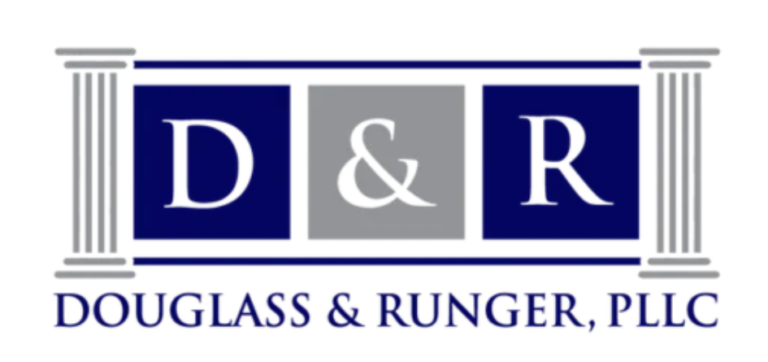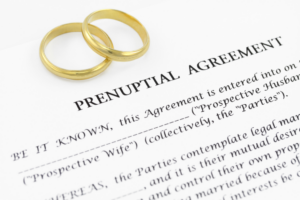Factors Influencing What is the Cost for a Conservatorship?
Contested vs. Uncontested Conservatorships
The complexity of a conservatorship case largely depends on whether it is contested or uncontested.
- Uncontested Conservatorships: These cases occur when all parties agree on the need for a conservatorship and who should be appointed. These matters are generally resolved more quickly and with fewer legal proceedings.
- Contested Conservatorships: When family members disagree or the respondent challenges the conservatorship, the case becomes more complex. Contested matters often involve additional legal work, court appearances, and potentially expert testimony to resolve disputes.
The level of agreement among parties and the complexity of the issues significantly impact the time and resources required to resolve the matter.
Conservatorship Scope: Person vs. Estate
- Conservatorship of the Person involves managing daily decisions and healthcare for the respondent. It’s usually less complex and less costly.
- Conservatorship of the Estate covers managing the respondent’s financial assets, which requires additional documentation and court proceedings. Due to the extra preparation needed, this type can be more expensive.
Payment and Billing Structures
Typically, the person petitioning for conservatorship is responsible for paying attorney fees upfront. Depending on the situation and the firm’s policies, this can be billed hourly or as a flat fee. If the conservatorship is established and the respondent has assets, the petitioner may be reimbursed for attorney fees from those assets. In certain cases with significant assets, some firms might defer attorney fees until after the conservatorship is established, with the costs covered by the respondent’s assets. This is less common and subject to court approval.
Flat Fee vs. Retainer
- Some attorneys may offer a flat fee arrangement for straightforward, uncontested conservatorships.
- For more complex cases, attorneys often charge an hourly rate, deducting fees from an initial retainer. You will receive detailed statements showing time spent and costs incurred.


















































